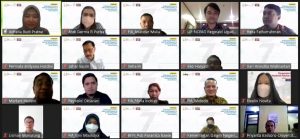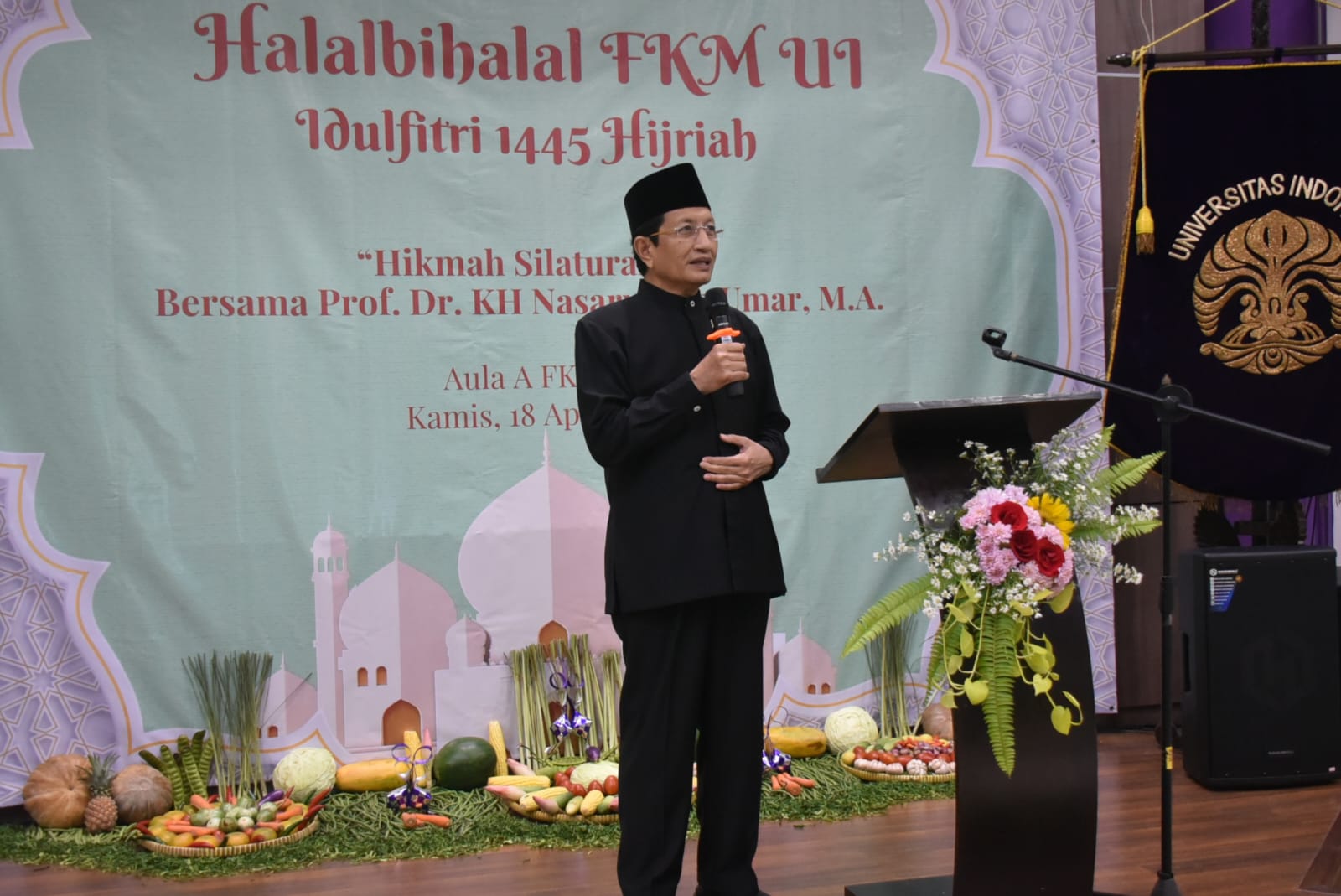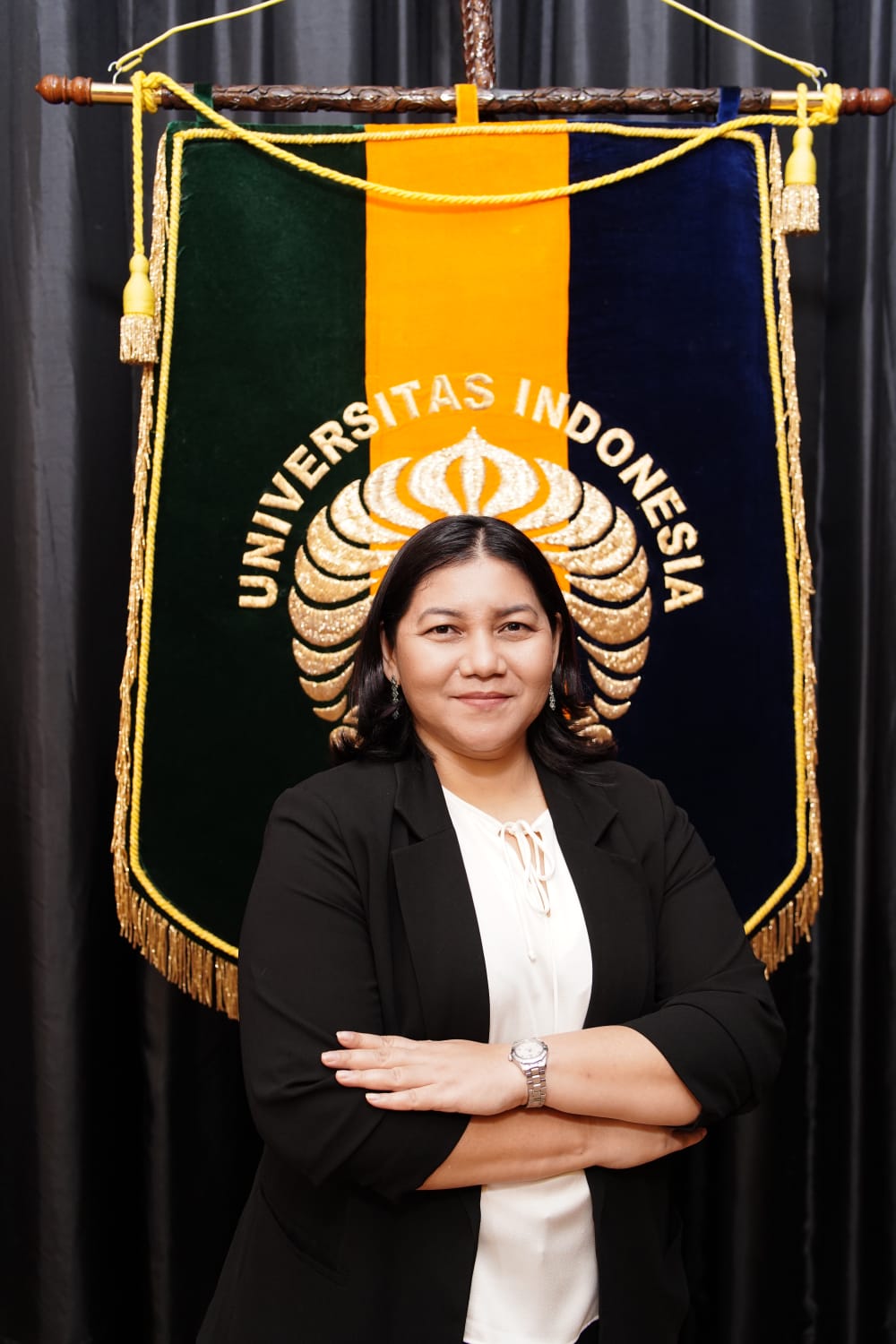
“We all know how most countries are currently trying to cope up with COVID-19. Many had to fall, suffer, but chose to rise from the ashes and recover. And yet, COVID-19 has brough upon great changes. A blessing in disguise may be felt in the various practices and innovations in many sectors we had been able to encourage,” stated Dr. Phil. Reza Fathurrahman, the Secretary of Postgraduate Programmes in the Faculty of Administrative Sciences, Universitas Indonesia (FIA UI), in a webinar held in commemoration of the 7th Dies Natalis of FIA UI attended by more than 150 participants on Tuesday (8/3).
He also emphasised the importance of rising up and preserving a strong spirit amidst the pandemic as enablers to public sector innovation. The webinar,

which brought together scholars from Indonesia, Australia, and the Philipines, explored ‘blessings in disguise‘ brought upon, by the pandemic, on the public sector in the three aforementioned countries. Attending the virtual event were Dr. Reginald G. Ugaddan from the University of the Philippines, Profesor Martani Huseini from Universitas Indonesia, and Profesor Mark Considine from the University of Melbourne. Dr. Ugaddan delivered a presentation on public sector Human Resource Management (HRM) in the Philipines. In the pandemic, he explained, the Philippines Civil Service Commission (CSC) has managed to widen its reach to an increasing number of civil servants by means of training modules accessible through smartphones, tablets, and computers.
In Indonesia, the ‘blessings’, according to Prof. Martani, comes in the form of reduction of costs. “If technology can increase efficiency, it would surely be able to decrease costs of products and services consumers have to spare due to the elimination of substantial amounts of distribution costs.”
Meanwhile, Australian federal and state governments currently face three issues affecting their competence and capability, according to Prof. Mark Considine. “The pandemic creates new demands for the increase of the capability, on the part of the governments, to provide essential public services in the face of massive-scale catastrophes, not only those services provided, say, once every ten or twenty years,” said he.
“I recommend that new policy guidelines be developed as soon as possible so that the government can act in a swifter and more indicative fashion.” The moderator, Dr. Janis Pieter of FIA UI, closed the webinar by concluding that the three countries face varying conditions and thus acquire differing ‘blessings in disguise’ and need to face challenges of differing natures. However, he sees a thread holding the conditions and needs of the three countries in common. “To turn the pandemic into a blessing, institutions [from the three countries] must be ready to face unprecedented situations, ones that may turn out even worse than the pandemic,” stated Janis.
“Coordination between ministries, central governments, and regional governments needs restructuring, because none may stop these changes. The public sector must also be prepared with better strategies, apply transformative policy processes, and assemble more effective orchestrations in implementing macro decision deliberations to micro decisions.”



